Ibrahim Traore's Bank of Gold
Africa's youngest leader sets course for economic liberation...
A Problem with Gold
‘Africa needs a single currency backed by its own resources; not different currencies backed by the US Dollar’ is a quote attributed to Muammar Gaddafi. The idea is that since America and China control the dollar, African governments are at their mercy. But the price of gold doesn’t change. And Africa, is full of it.
Unfortunately, through exploitative companies and corrupt officials, hundreds of tonnes of gold flow out of Africa each year. Some is used in electronics and jewellery. But a lot of it is bought by foreign banks. Emerging economies like China, Russia, Turkey, and Hungary have bought the most gold in recent years. They see gold as a way to protect from inflation. Meanwhile in Africa, gold rich nations like Zimbabwe struggle to cobble together one tonne of gold for a photo shoot.
When Africa’s youngest leader, Ibrahim Traore, came to power in Burkina Faso in 2022, his country’s economy was a mess. Burkina Faso is land locked and relies heavily on imports from its neighbours. Fortunately, it does have some mineral resources. But these were locked under the control of foreign mining corporations. Burkina Faso didn’t even have a national bank.
This is the tale of how Traore transformed his country’s economy, wresting back control of Burkina Faso’s resources and taking the path to economic independence. This is the story of Ibrahim Traore’s Bank of Gold.
Whistle-blower!
Laurence do Rego weighed her choices. She thought back to her days studying accountancy in France. Everything she knew confirmed something was wrong. She could see on her screen evidence that the Chairman of Ecobank was secretly selling parts of the company to his friends and taking bonuses that were too large. Since graduating with a Masters in finance she had returned to Benin and started working for Ecobank, West Africa’s largest bank. Now she faced the hardest decision of her career. Should she blow the whistle on what was going on?
In the end she decided to write a formal letter to the organisation responsible for monitoring financial fraud. In the fallout, she was fired, then hired again. The Chairman left Ecobank without any record of wrongdoing. The Chief Executive resigned and went into politics, becoming Minister of Energy in Cote D’Ivoire.
Laurence do Rego’s whistle blowing was just one of many cases of corruption at the bank. Founded in the 1980s as part of the drive to create a shared economic community in West Africa, Ecobank is now present in most countries across Africa. Today, concerningly, the Bank of Qatar is one of its largest shareholders.
In the past, without a state bank, citizens in Burkina Faso used multinational banks like Ecobank to keep their money safe. Despite corruption scandals, they didn’t have much choice.
French Ties
But what about the currency in Burkina Faso? The value of a currency is usually supported by a national bank. And since Burkina Faso uses the West African Franc, it shared a central bank with Senegal, Mali, Niger and a couple other countries.
The only problem is that France controls the West African Franc. 50% of foreign reserves are kept in France. And although this keeps the currency stable, and prevents inflation, its means France still has a lot of control over West African economies.
“We must agree to look at each other as equals and review all of our cooperation,” declared Traore when he came to power in 2022. At the time French media companies operated in Burkina Faso, French soldiers were stationed in the north, and a French backed currency, the West African Franc, was used in the streets. In his quest for true independence, French media and soldiers have been expelled. But untangling the complex economic ties which bind Burkina Faso and France is more difficult. You can’t just launch a new currency overnight.
A Zimbabwean Problem
But imagine, for a moment, you are in Traore’s position. Looking to create an alternative to foreign mega-banks like Ecobank on the one hand, and French controlled currency on the other? The logical step is to start by creating your own national bank. The first in Burkina Faso’s history. The only problem is… what are you going to put in it?
It’s a familiar problem, even in countries with established national banks. In Zimbabwe, years of crazy inflation have led the government to try and create a currency linked to the USD dollar. The only problem is they don’t own enough dollars to keep it stable. People known ‘fake’ government dollars are worth less than real USD. If you take a bond dollar to the bank and ask for a US dollar in exchange, you’re not guaranteed to get it.
In 2024 the Zimbabwean government tried something different. Creating a new currency backed by gold instead. Since Zimbabwe has enormous gold reserves this makes sense. But when the President went to the bank to do a photo shoot with all the gold, there was just a small cabinet in the wall. For years corrupt officials and foreign companies have been smuggling African gold out of Zimbabwe leaving precious little in the bank.
Taking back our mines
Burkina Faso is the 4th largest exporter of gold in Africa, so Traore’s first priority to create his bank was to begin to redirect the flow of gold into the national safe. Some gold is mined by poor self-employed diggers on the edge of mine sites. In February 2024 Traore stopped exports for all gold mined this way. The government was taking control of this resource leak. Since many children are employed in dangerous conditions, this was also good news for human rights in Burkina Faso. But no western media organisation celebrated the news.
Next was the issue of huge transnational mining companies. At first Traore bought gold directly from the companies whilst increasing export taxes. Soon Burkina Faso had over 200 kilos of gold in reserve. And then, the government got lucky. Two foreign companies were in disagreement about the sale of two gold mines. Traore stepped in and bought the mines for a cut price. Just $80 million paid to the British mining company Endeavour. The original price of the mines was $285 million.
The Bank of Gold
With exports under control and gold flowing directly from mines into the government’s purse, Traore had the confidence to launch the first step of his plan for economic liberation. Creating a new national bank. In some countries, national banks are a bit like referees which stay out of day-to-day economic activities and step in to stabilise the economy. But Traore’s vision goes beyond this.
‘This bank will provide high quality banking services with digital tools, which will improve the provision of public banking services’, announced the Burkinabe Finance Minister.
Traore doubled down on his minister’s statement. He celebrated a bank which will be ‘closer to the people’. He especially invited companies and NGOs to use the bank’s services. ‘Make use of this bank to participate in… our country's development.’ Branches will open across Burkina Faso. Ibrahim Traore’s Bank of Gold is designed to compete with both multinational banks aimed at the public, like Ecobank, and the Central Bank of West Africa (which guarantees the West African Franc).
‘With integrity as its compass, this bank is a tool and a symbol of Burkina Faso's economic and financial sovereignty’ - Ibrahim Traore
A Golden Future?
Traore’s economic policy has been cautious. Launching a new currency and seeing it fall apart would be a disaster. But he is now in a position where Burkina Faso can begin to have some control over its own economy with a national bank.
Threatening his plans are Islamist rebels who target gold mines. North of Burkina Faso in neighbouring Mali, anti-government rebels are being supported by Ukraine and her allies (check out our article!).
In France, any threat to their influence on the West African economy is also taken seriously. Famously, according to leaked emails from Hillary Clinton, a similar threat motivated France to push for the destruction of Gaddafi in Libya.
Like all his policies, Traore finds himself with many enemies. But no one said economic independence would be easy to achieve. And if the bank of gold is a success, in time he will find himself in a position where he can consider launching an African currency backed by African resources.
Sources
https://africa24tv.com/burkina-faso-les-activites-de-la-banque-des-depots-du-tresor-lancees





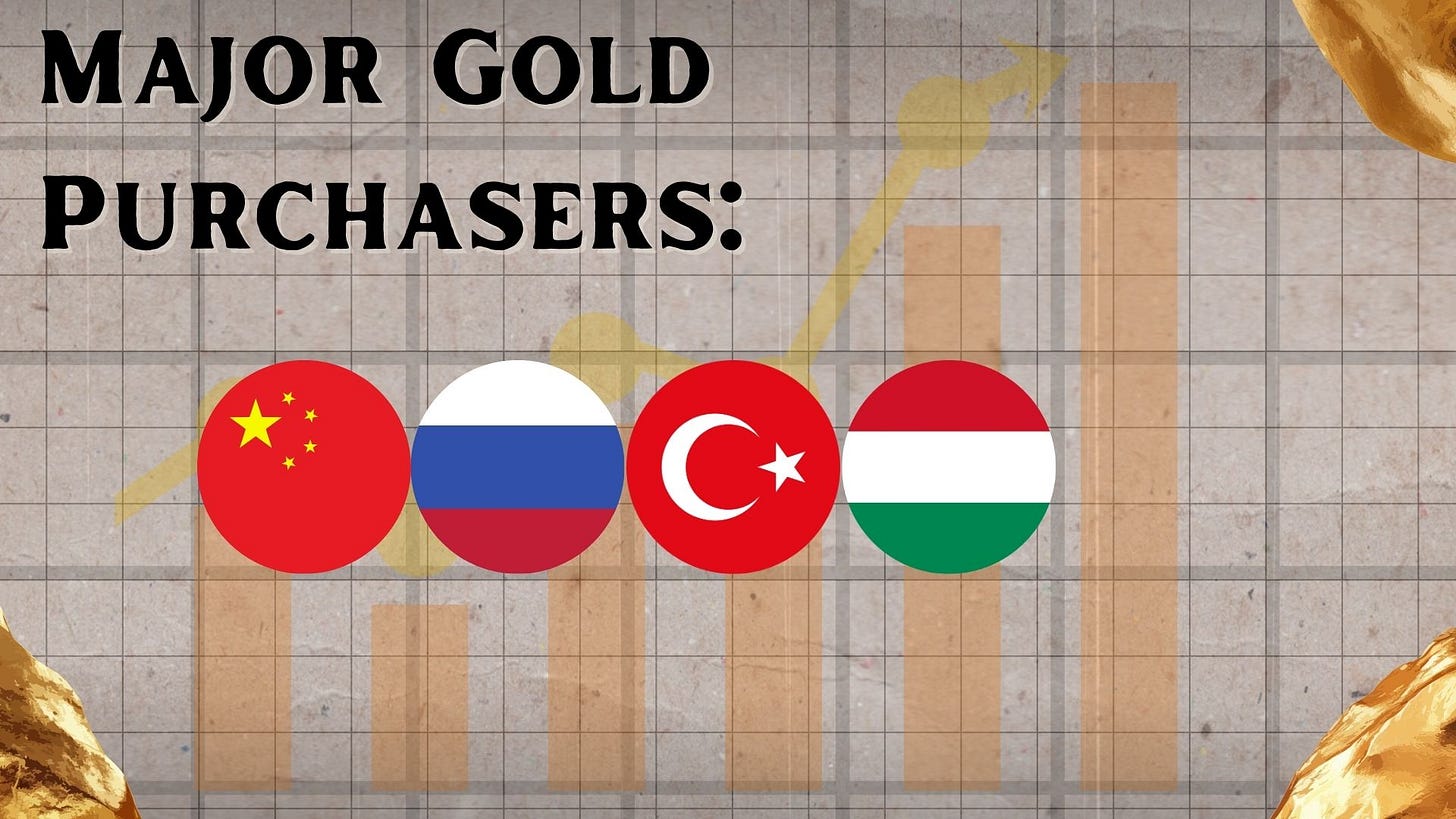
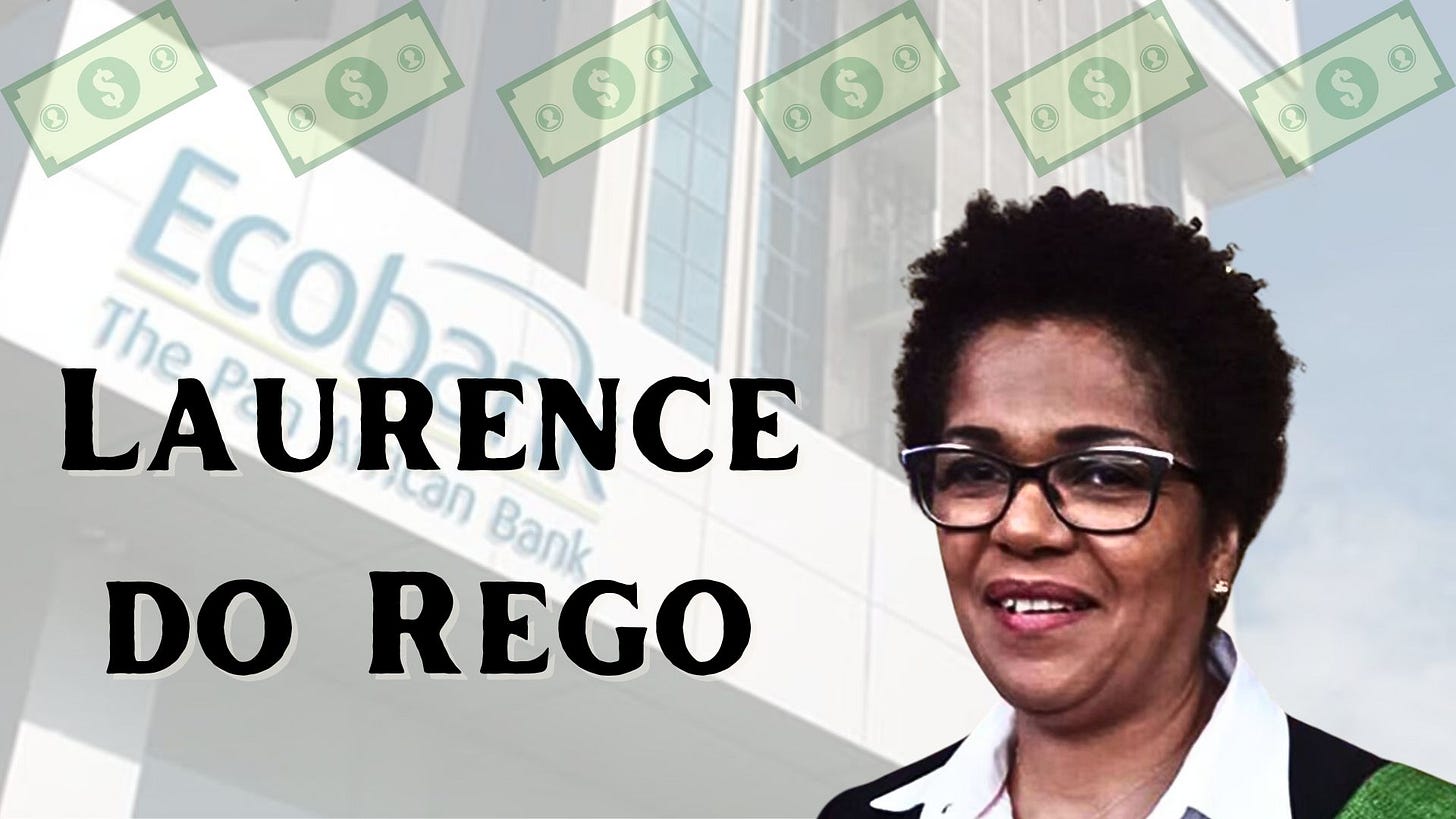
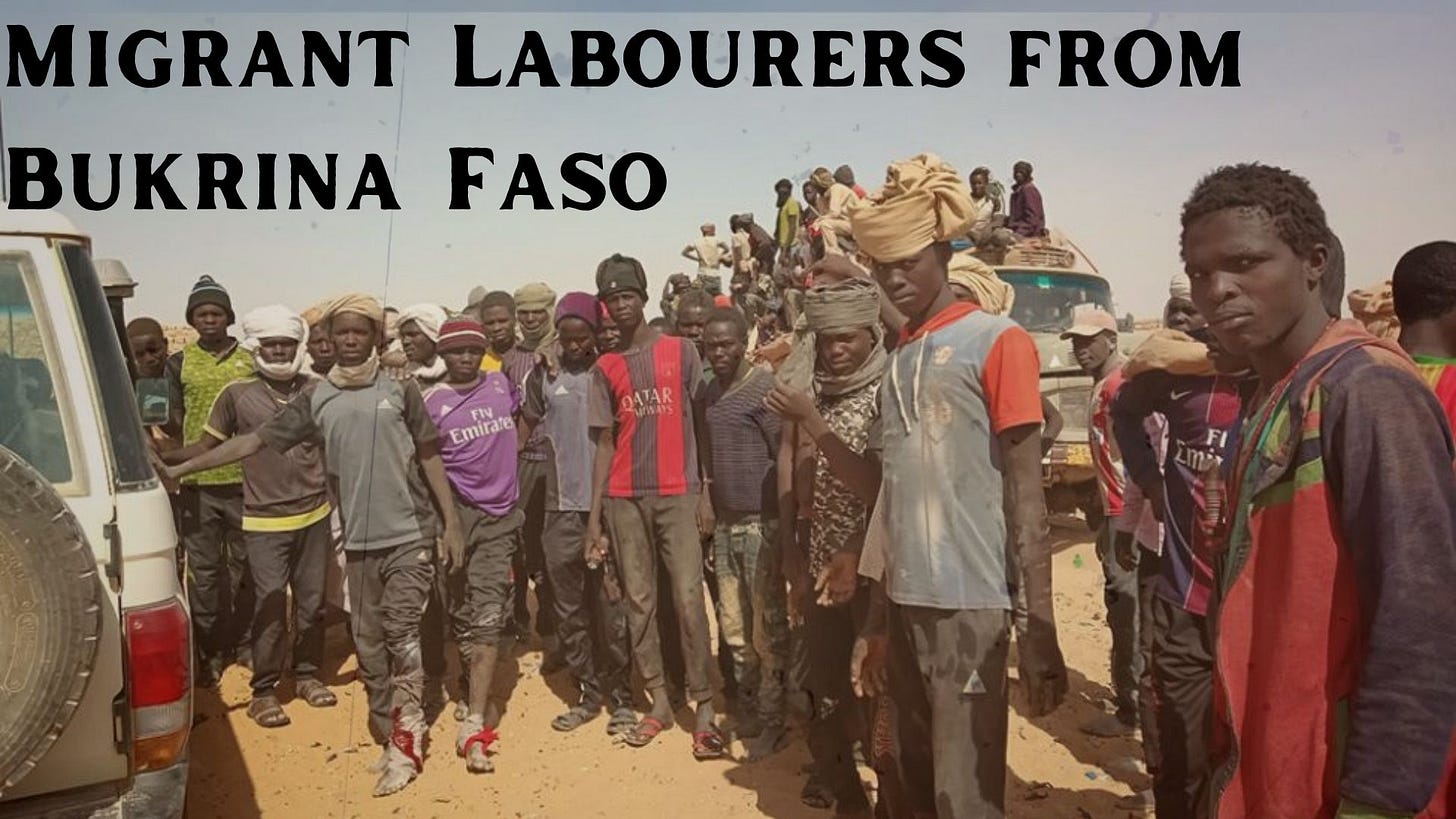
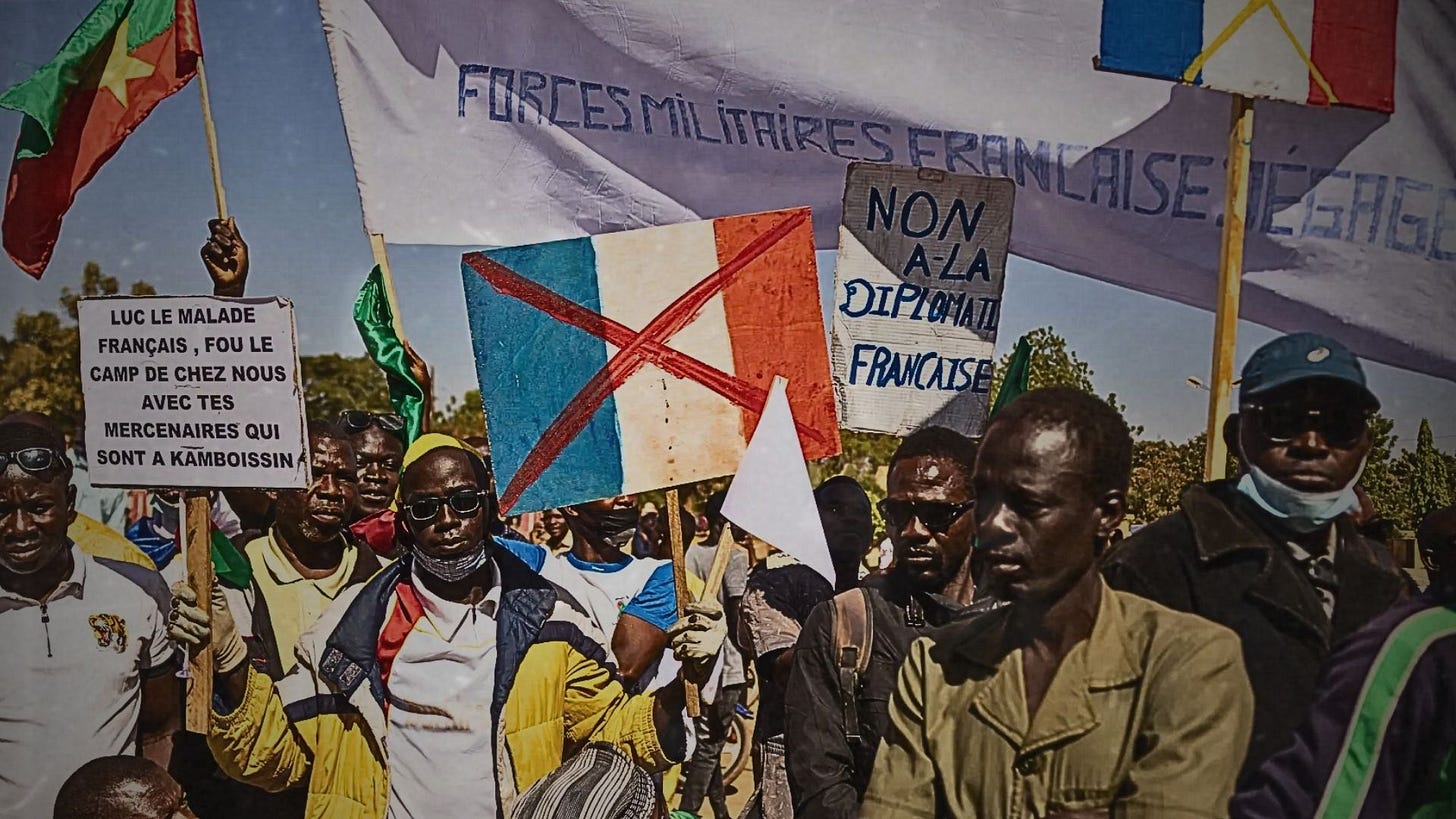
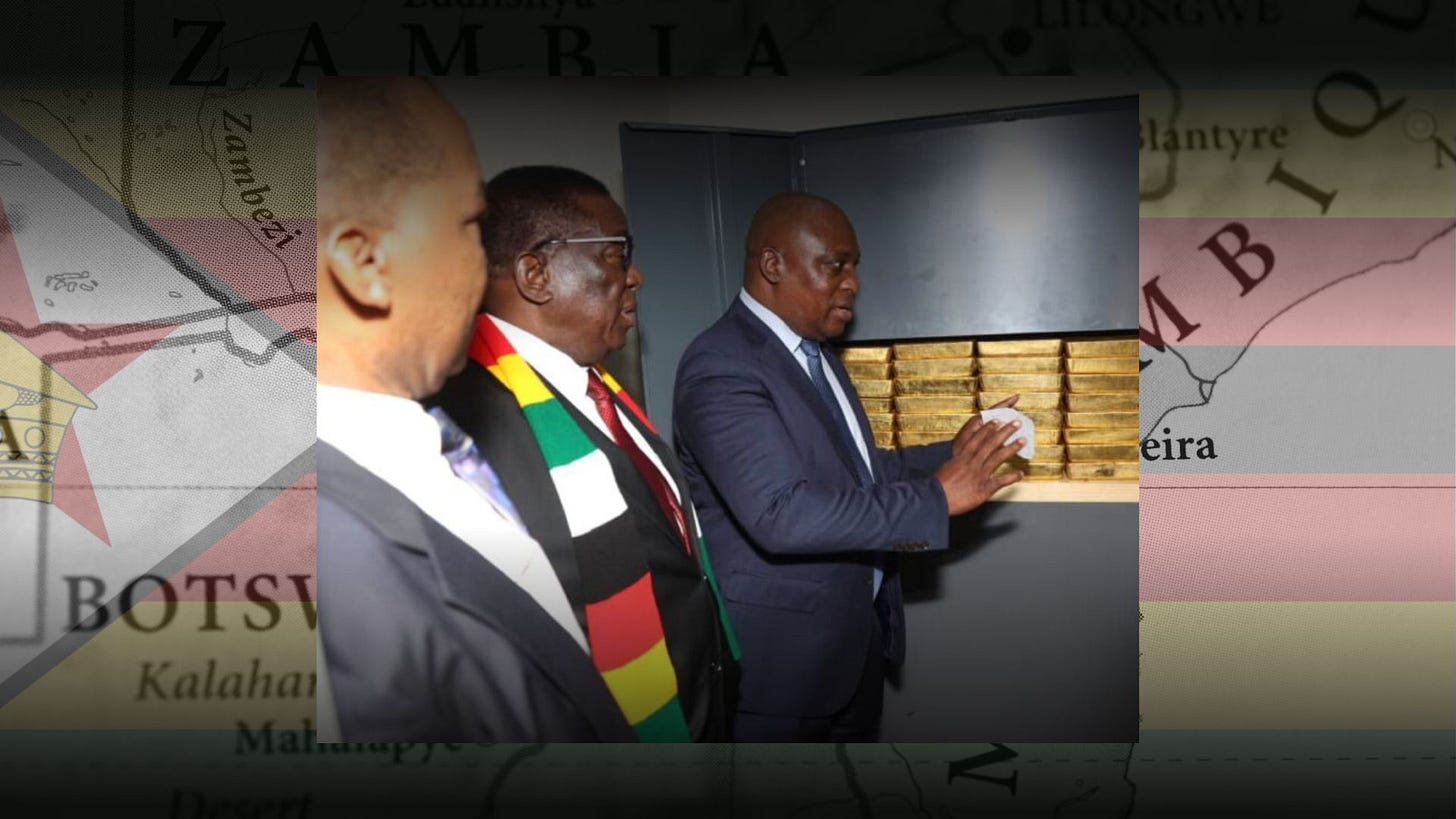
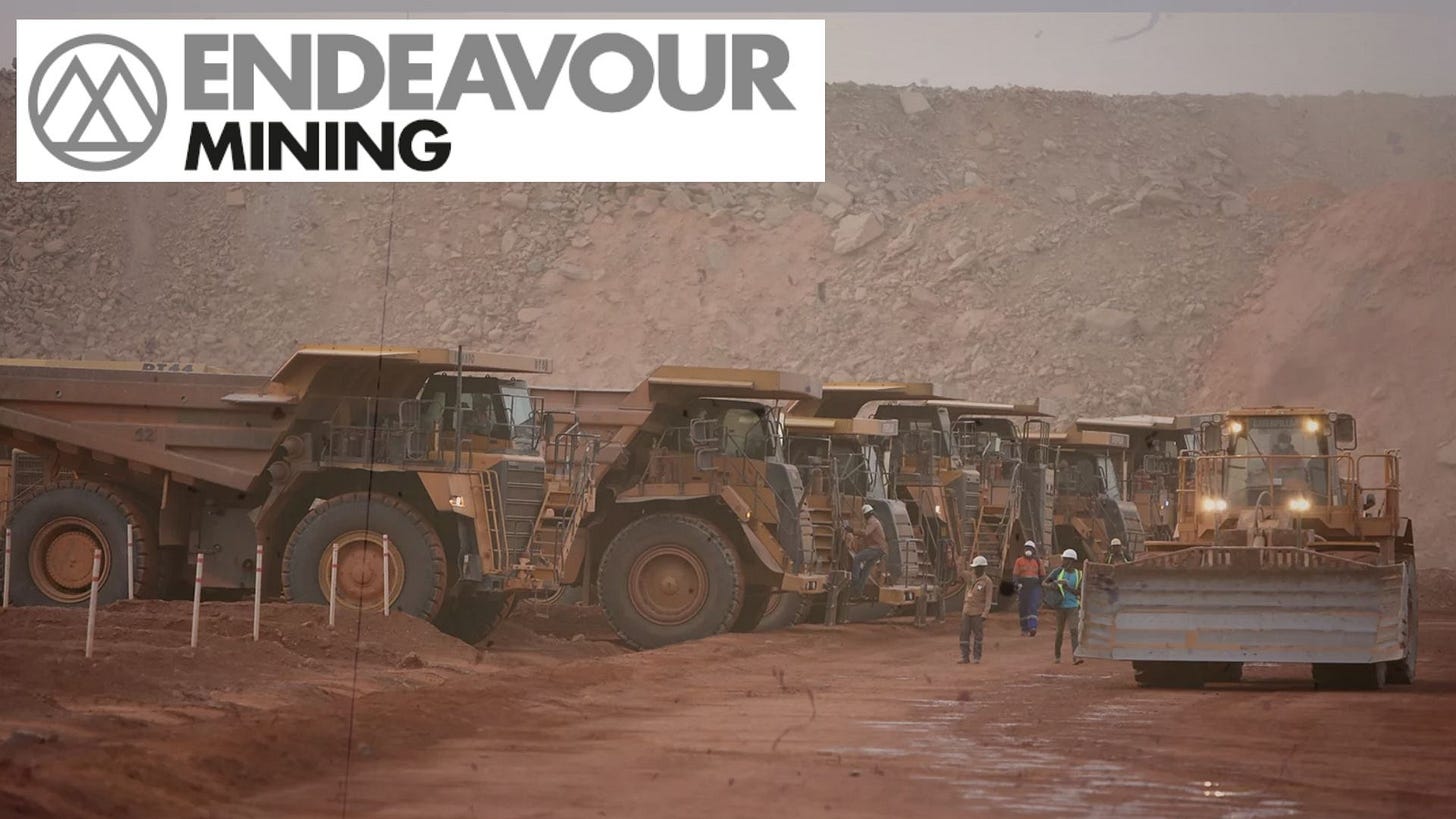
The devil’s in the details of a “single currency”, if it means one single centralized monetary policy and one single centralized banking/finance regime, then it will probably be extremely harmful.
The USA, despite having a “single currency” for a very long time, did not have a single centralized monetary policy and single centralized banking/finance regime until the latter 20th century and I’d bet most people would, if they really saw them, agree with the arguments that its been harmful. It played a key and necessary role in us transforming into a centralized and financialized economy.
Just like I bet they’d agree the Euro has been harmful.
Now a single continental trade currency, maybe, but the devil’s always in the details.